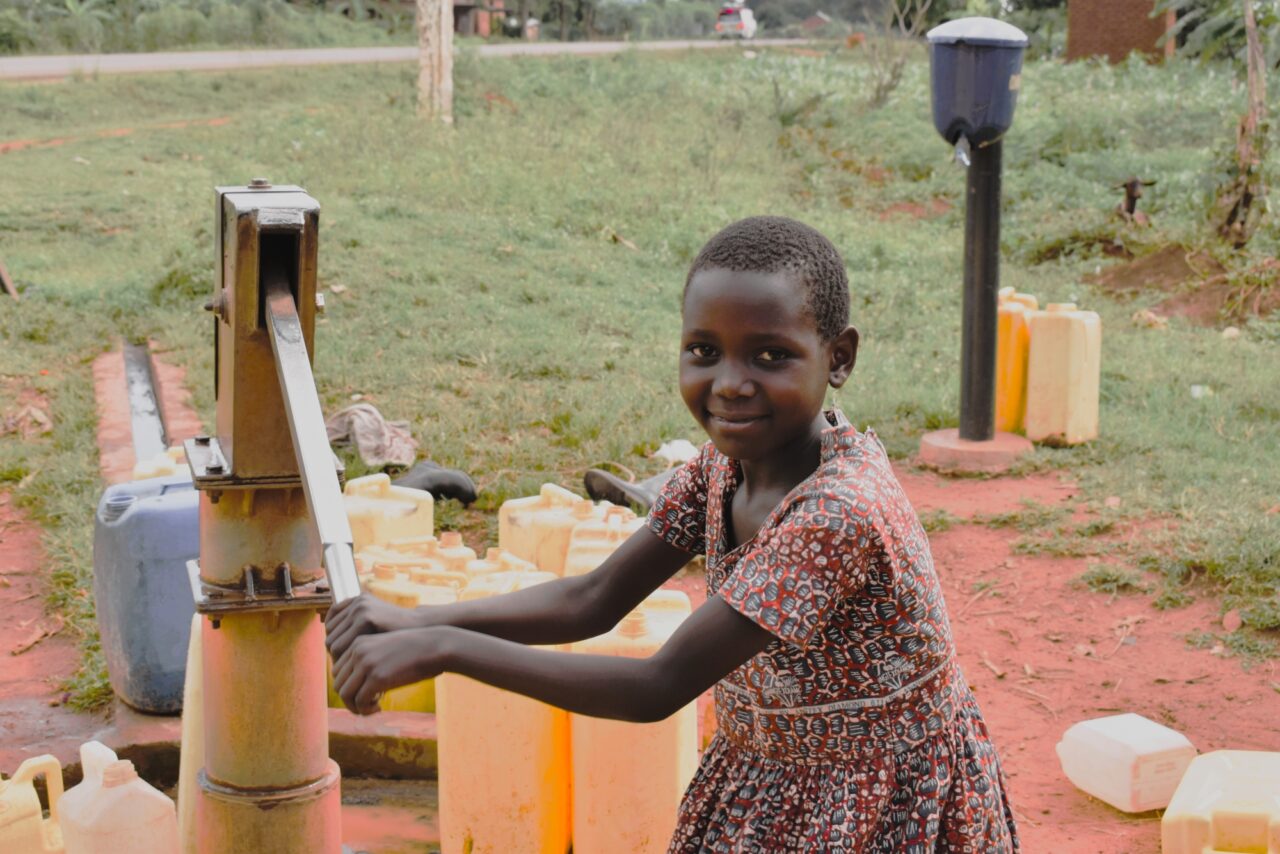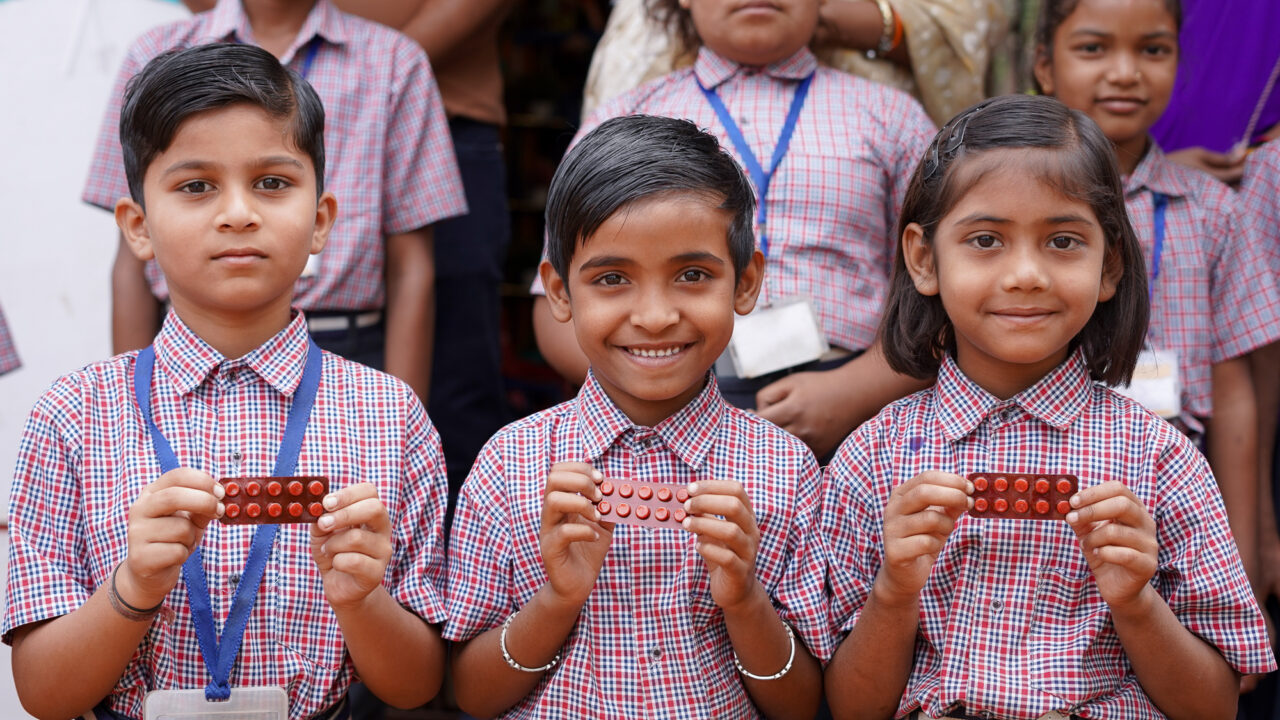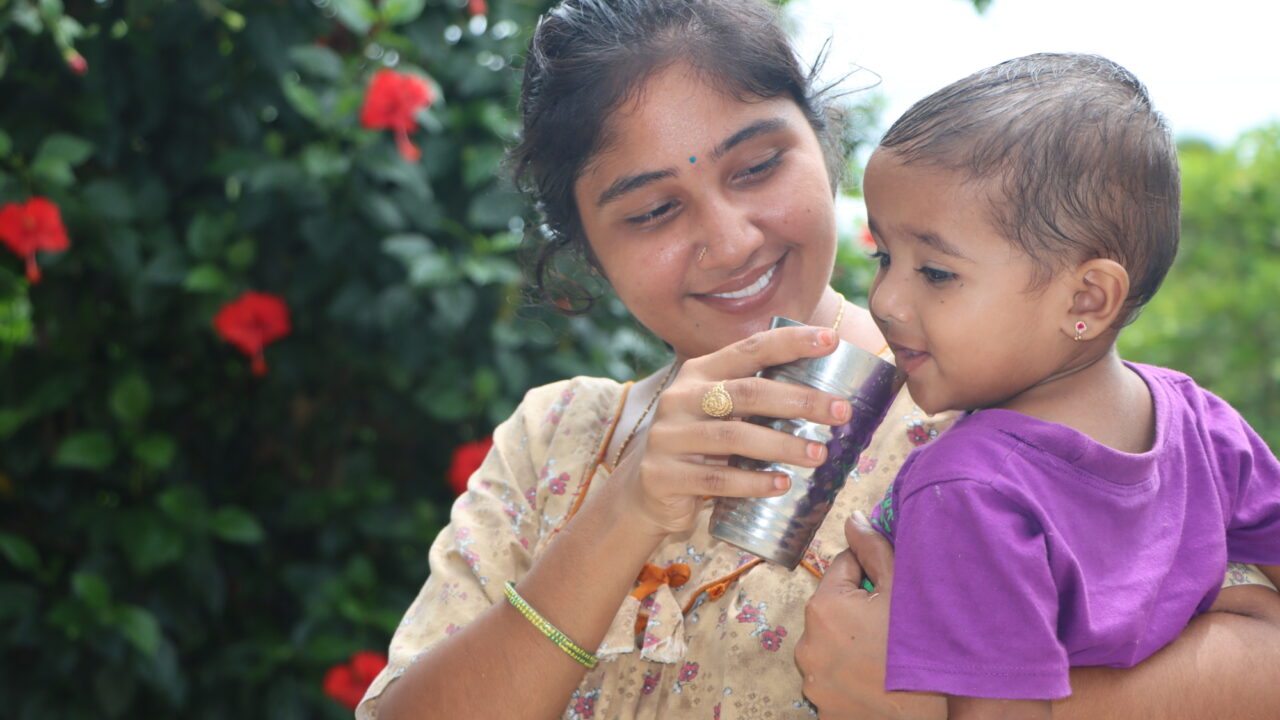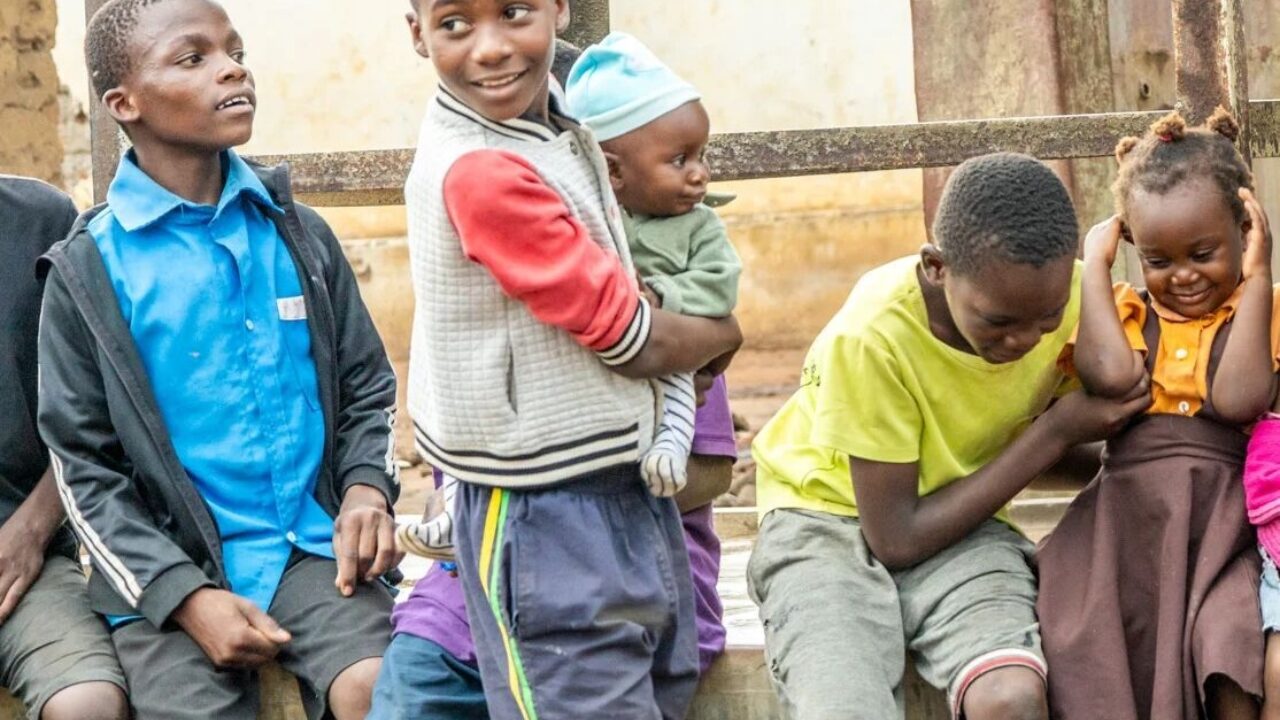For the first time, this year’s COP28 climate summit will feature a dedicated Health Day, rightly recognizing the major threat that our changing climate poses to global wellbeing. Health impacts have been shockingly underfunded in broader climate resilience efforts, and those communities that suffer from underinvestments in health are also the most vulnerable to the impacts of climate change. From extreme weather to rising average temperatures, wildfires to soil erosion, the impacts on the world’s population span disease risks, air pollution, food insecurity, and far more.
While many areas of adaptation and resilience at the nexus of climate and health need our collective action, perhaps none is a more basic, essential human right – and yet simple to solve – than safe drinking water. The solutions are known. What we need is commitment to funding them.
Watershed moment for climate and health
Health Day at COP28 is a timely opportunity to ensure safe drinking water is put firmly on the climate-health agenda. Currently, resources disproportionately flow to infrastructure projects focused on access to water that is sometimes left contaminated. Meanwhile, chlorination remains overlooked as a priority investment area despite research showing it could prevent one-quarter of all under-five child deaths. The success of efforts to fight climate change must be defined in terms of health outcomes for people.
Two billion people lack reliable access to water free of deadly diarrheal diseases and pathogens. The resulting burden of waterborne disease is massive, claiming over 1,000 young lives daily. Communities battling poverty and malnutrition are least able to withstand the disease outbreaks exacerbated by climate shocks like droughts and floods. As rising seas taint coastal aquifers, floods breed cholera, and droughts force reliance on unsafe water supplies, the disease burden intensifies. This year, we saw Pakistan's massive floods spark Malawi's record cholera outbreak.
Already-scarce safe drinking water will become even more precious. The WHO estimates that climate change will cause over 250,000 additional deaths per year between 2030-2050 from malnutrition, malaria, diarrhea, and heat stress alone. We cannot continue neglecting water safety amidst these threats.
Proven solutions are ready to scale
Evidence Action's Safe Water Now program proves we can rapidly extend safe water access to neglected communities on a massive yet cost-effective scale. By installing chlorine dispenser stations near communal water sources, communities gain free, convenient access to water treatment. Community buy-in through election and training of local promoters drives high rates of dispenser use. Through Safe Water Now, more than 10 million people across rural Kenya, Uganda, and Malawi have access to protection against deadly diseases from drinking water like typhoid, cholera, and hepatitis A. These efforts have averted over 3 million cases of diarrhea and saved more than 15,000 young lives, at a yearly cost of just $1.50 per person.
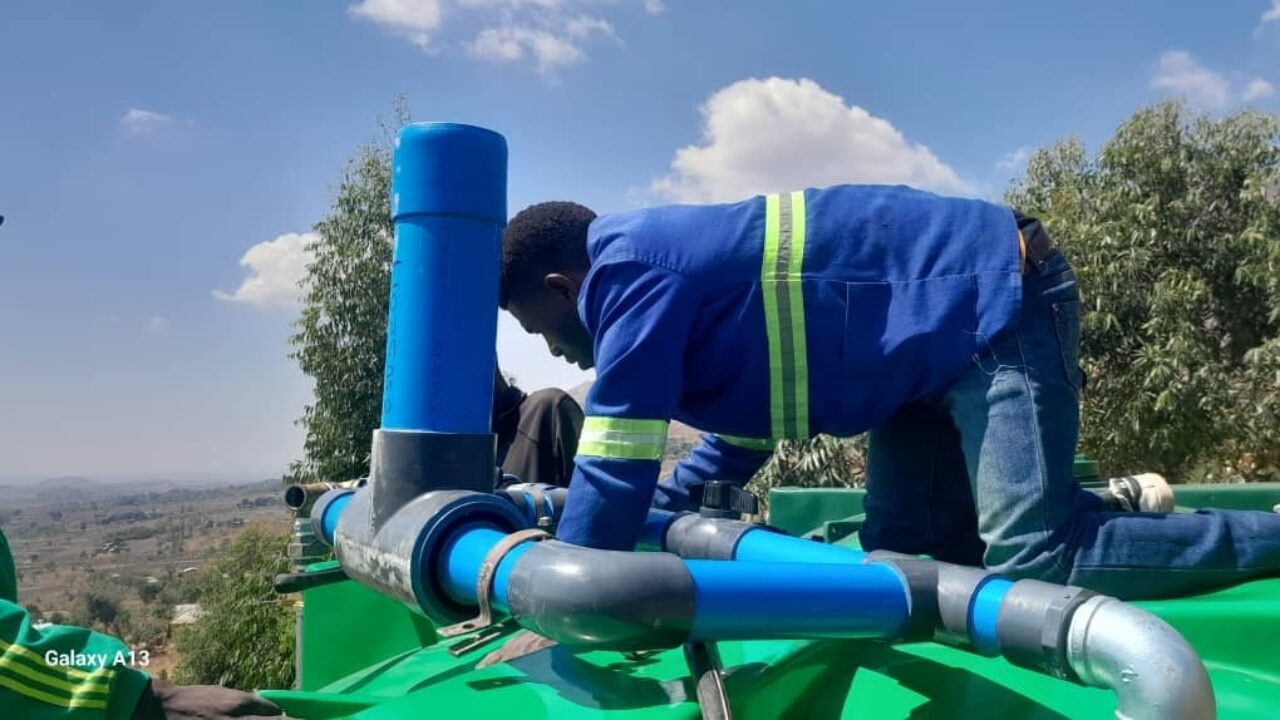
Now, we are scaling up in-line chlorination – automated, electricity-free devices installed directly at piped water sources. Requiring no behavior change, this passive solution sustains treatment serving entire communities and has immense scale potential. The water is automatically chlorinated as it passes through the durable devices, and users receive safe, ready-to-drink water without the need to remember to treat their water or to determine the proper dose of chlorine. With the Government of India's Jal Jeevan Mission aiming to provide piped water to tens of millions of rural households, here lies an unprecedented opportunity to equip this infrastructure with in-line chlorination for universal water safety. Together, these solutions can save and change millions of lives.
Time to (finally) fund what works
The COP28 Declaration on Climate and Health is a laudable first step calling for increased funding at the climate-health nexus. But, dollars must follow evidence and potential to tangibly transform vulnerable communities. We urge stakeholders to galvanize this momentum for investments in evidence-based chlorination solutions with demonstrated climate-health impact.
The choice is clear – we can continue directing the lion's share of resources to novel interventions with uncertain scalability. Or we can reorient priorities based on evidence, allocating funds to expand proven, low-cost solutions like chlorination we know will save and uplift lives.
At the COP inaugural Health Day, let's have the courage to compare outcomes and invest accordingly. Funding chlorination would unlock dramatic progress on global health equity – and help communities to be more resilient to the effects of climate change. With shared purpose, we can secure safe water access for all.
-

